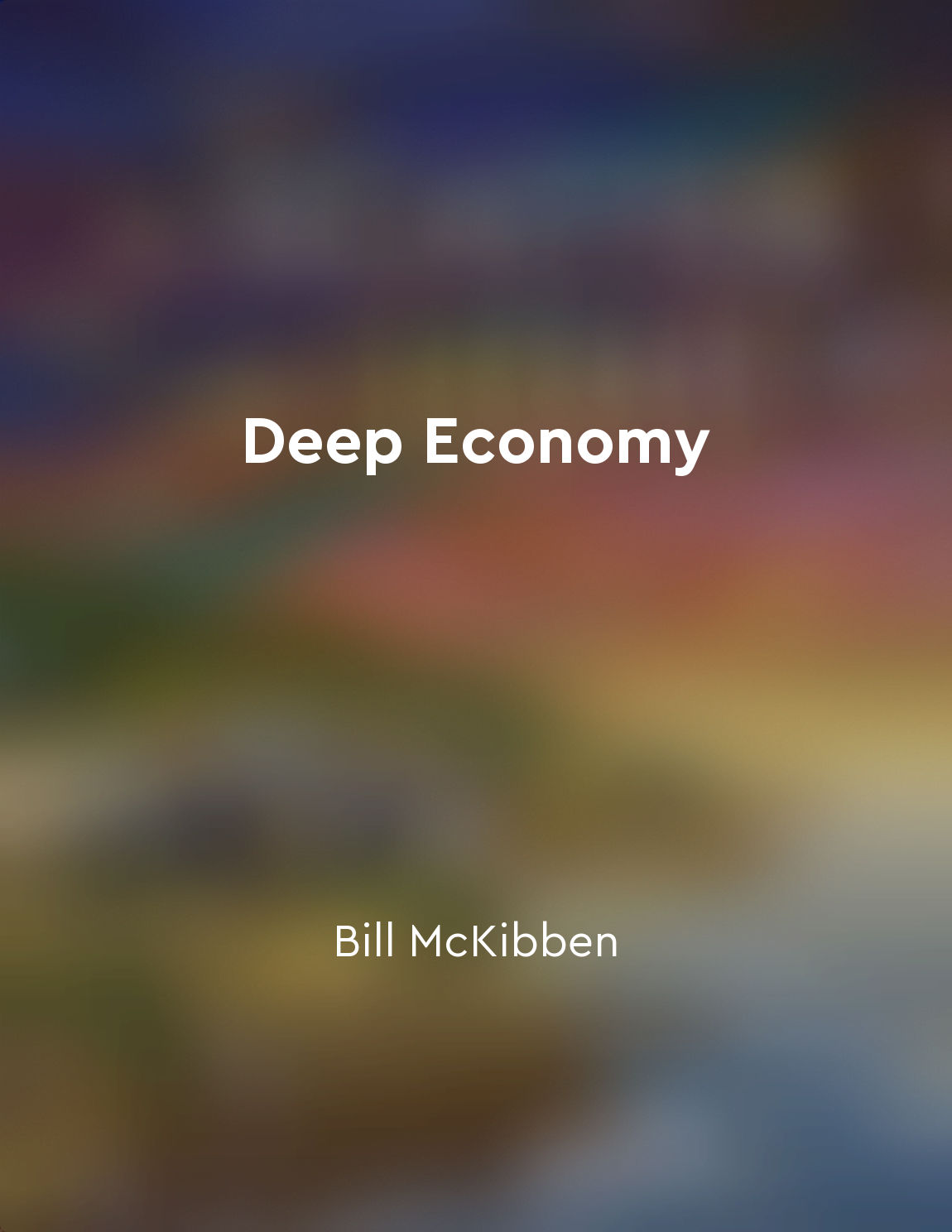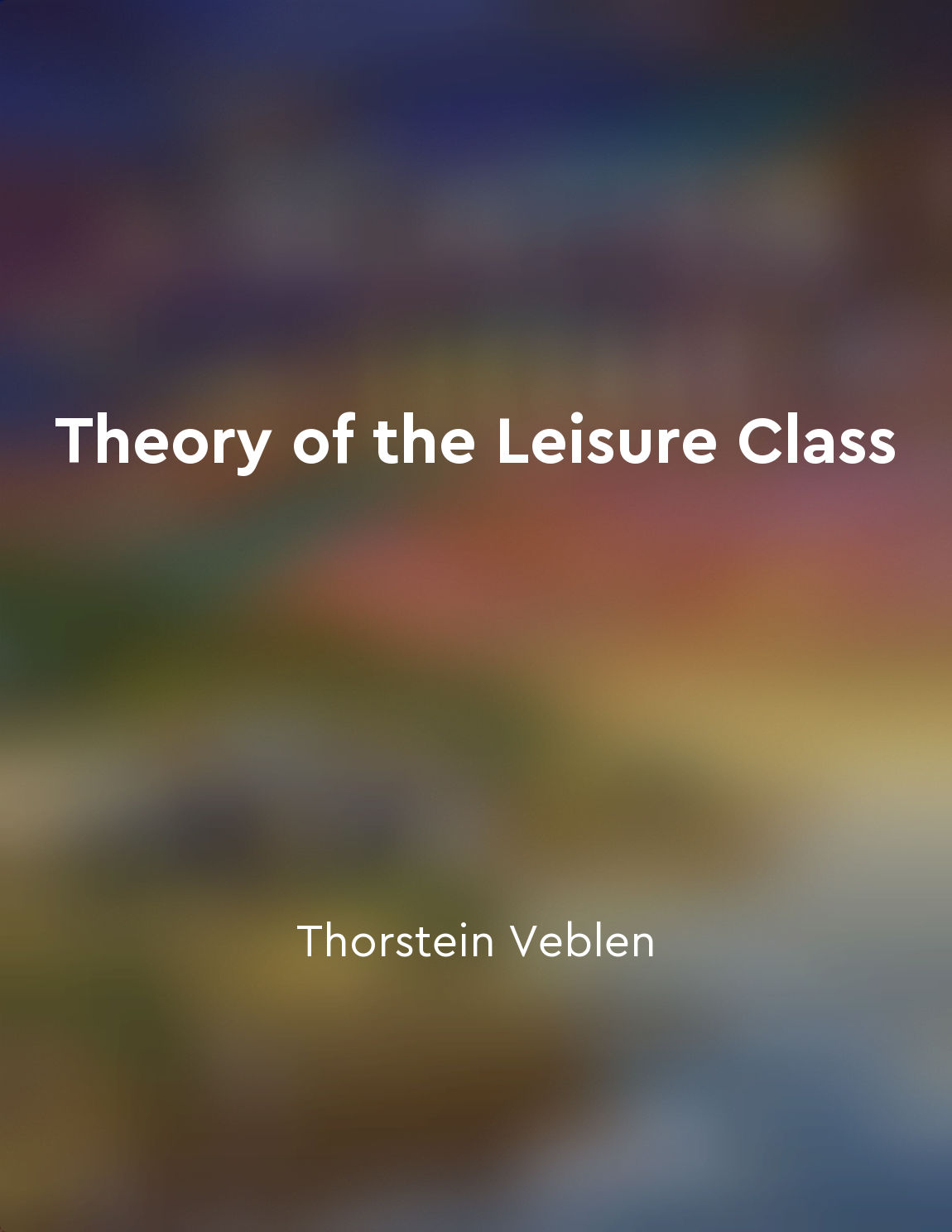Evolution of Economic Systems impacts Inequality from "summary" of Theory of the Leisure Class by Thorstein Veblen
The concept of evolution of economic systems is intimately bound up with the question of inequality. In the course of economic development, the economic structure of society undergoes changes. These changes have a direct impact on the distribution of wealth and income among the members of society. In the earlier stages of economic evolution, when the economic system is characterized by simple production and exchange, inequality tends to be relatively low. This is because production is carried out mainly by individual effort, and the benefits of production are shared more or less equally among the members of society. However, as the economic system evolves and becomes more complex, new forms of economic organization emerge. These new forms of organization give rise to new classes of people who control the means of production. This leads to a concentration of wealth and income in the hands of a few, while the majority of the population are left with a smaller share of the economic pie. The evolution of economic systems also has important implications for the social structure of society. As inequality increases, so does the stratification of society into different social classes. The rich and powerful come to dominate the economic and political life of society, while the poor and dispossessed are marginalized and excluded from the benefits of economic progress. In this way, the evolution of economic systems has a profound impact on the level of inequality in society. It is not simply a matter of economic efficiency or productivity, but a question of social justice and fairness. As society evolves, it is essential to consider how the benefits of economic development are distributed among the members of society, and to ensure that no one is left behind.Similar Posts

Human diversity fosters creativity
Human diversity is not just a slogan. It is a key factor in the development of human societies. When people with different back...
Poverty affects individuals' health outcomes
Poverty is a significant factor that can have a profound impact on individuals' health outcomes. When individuals lack the fina...
Inflationary pressures
Inflationary pressures are caused by various factors, including an increase in the money supply and a rise in demand for goods ...
Bilateral relations should be balanced and fair
Balanced and fair bilateral relations are essential for maintaining harmonious and mutually beneficial relationships between na...

Investing in sustainability can lead to cost savings
Investing in sustainability is not just a moral imperative, but also a smart business decision. Many companies are beginning to...
Social media impacted political discourse
The rise of social media has had a profound impact on political discourse in recent years. Platforms like Twitter, Facebook, an...

Education and art further widened the gap between individuals
The introduction of education and art into society has had a profound impact on the widening gap between individuals. Education...

Happiness can be found in simplicity
In our modern society, we have been conditioned to believe that more is always better. We are constantly bombarded with message...
Security threats require new strategies
As we navigate the complexities of the modern world, one thing is abundantly clear: security threats are constantly evolving. T...
Genuine social progress requires a reevaluation of existing power structures
To truly make strides in social progress, we must confront the deeply ingrained power structures that perpetuate inequality and...

